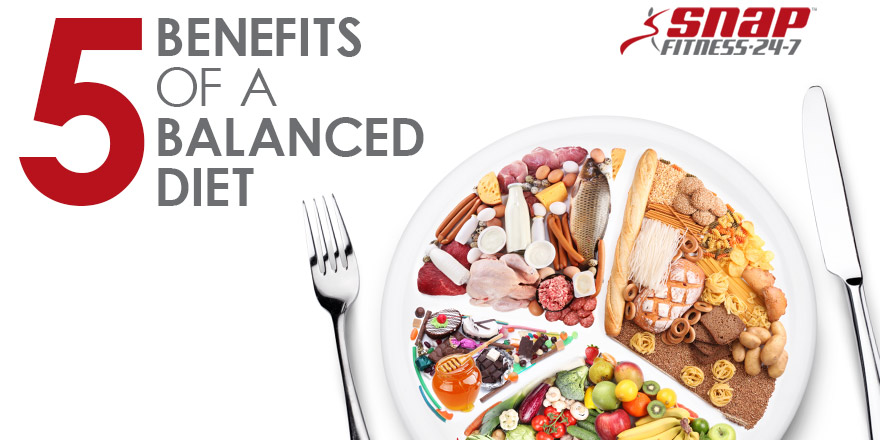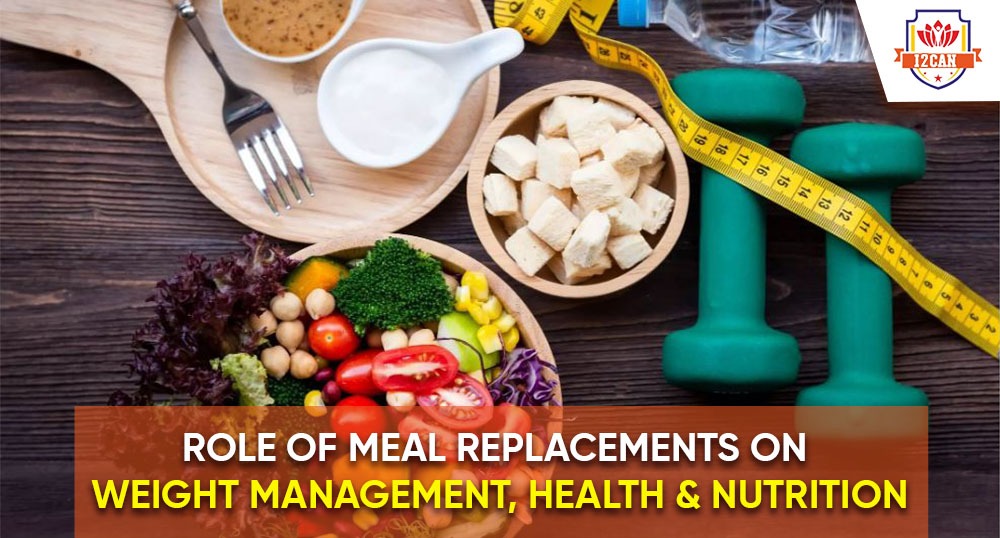
Getting healthy on a budget doesn't mean having to sacrifice nutrition. There are many ways you can save money on healthy meals. These tips will help you make the most of every dollar that you spend on food.
Eating less meat is one of the best ways to eat well on a tight budget. Choosing to eat less meat not only saves money, but it also opens up the possibility of other protein sources. You can make your own pasta using chickpeas. These legumes are full of protein, potassium and zinc. They can also be used to make delicious Hummus.
Another way to save money is to buy your foods in bulk. Many staple items can be purchased in bulk, which makes them cheaper and allows you to share with family members. Your favorite foods can be frozen for later use. Frozen vegetables can be just as nutritious and delicious as fresh. Frozen fruits can also be used in smoothies.

It's possible to save money buying food in season. In season fruits and vegetables are usually cheaper and taste better. Local foods are also possible to purchase, which will help the local economy.
Planning your meals can help you eat healthily on a restricted budget. This will allow you to avoid impulse purchases, and it will ensure you make wise spending decisions. Meal planning can also help you save money on takeout food. A grocery list is essential to ensure that you don’t buy food that isn’t on the list. Meal planning can also help you save on your food bill by reducing food waste.
You should steer clear of processed foods when it comes to healthy eating on a fixed budget. These products are usually found at the far end of grocery stores. These products are high in sodium and sugar. Many of these products have very little nutritional value. You should also avoid buying candy. You can find healthier options online.
A frozen vegetable can be another option to save money. You can buy large bags of vegetables and cook them for later use. These items can also be added to stir-fries. To make a quick meal, freeze leftover meat. Also, leftover meat can be made into a salad. You can also use the meat in a quesadilla.

Making your own meals is another way to eat well on a budget. It may seem difficult, but it is possible. First, create a grocery budget. The first step is to determine the size of your family, your income, and your cost of living. You can also use a grocery app to plan your shopping trip. You'll save money and time if you take advantage of store rewards programs.
Finally, you can save money by buying your staples on sale. These items will last a while. To get the most value for your dollar, you should buy them on sale.
FAQ
What's the difference between a virus & a bacterium?
A virus can be described as a microscopic organism incapable of reproducing outside its host cell. A bacterium (or single-celled organism) reproduces by splitting itself into two. Viruses have a very small size (approximately 20 nanometers), while bacteria can grow to a maximum of 1 micron.
Viruses can be spread by contact with bodily fluids containing infected substances, such as saliva, urine and semen. Bacteria can be spread by direct contact with infected objects and surfaces.
Viral infections may enter the body through cuts, scrapes. bites and other skin breaks. They may also enter through the nose, mouth, eyes, ears, vagina, rectum , or anus.
Bacteria can enter the body through cuts, scrapes burns and other injuries to the skin. They may also enter our bodies from food, water, soil, dust, and animals.
Both viruses and bacteria can cause illness. Viruses cannot multiply in their host cells. They can only infect living cells and cause illness.
Bacteria can grow in their hosts and cause disease. They can spread to other parts of our bodies. That's why we need antibiotics to kill them.
How can I get enough vitamins
Most of your daily vitamin requirements can be met by diet alone. Supplements are an option if you are low in any vitamin. Multivitamin supplements can be taken that contain all the vitamins you need. You can also get individual vitamins at your local drugstore.
If you are concerned about getting enough nutrients, talk to your doctor about what foods contain the best sources of vitamins. Some examples of rich sources of vitamins E and K include dark green leafy vegetables, such as spinach.
Ask your doctor if you're not sure how many vitamins you should take. Your health history and current condition will inform the doctor about the recommended dosage.
What are 10 healthy habits you can adopt?
-
Get breakfast every morning.
-
Don't skip meals.
-
Keep a balanced diet.
-
Get lots of water.
-
Take care of your body.
-
Get enough sleep.
-
Avoid junk food.
-
Daily exercise
-
Have fun
-
Meet new people.
Statistics
- According to the Physical Activity Guidelines for Americans, we should strive for at least 150 minutes of moderate intensity activity each week (54Trusted Source Smoking, harmful use of drugs, and alcohol abuse can all seriously negatively affect your health. (healthline.com)
- Extra virgin olive oil may benefit heart health, as people who consume it have a lower risk for dying from heart attacks and strokes according to some evidence (57Trusted Source (healthline.com)
- WHO recommends reducing saturated fats to less than 10% of total energy intake; reducing trans-fats to less than 1% of total energy intake; and replacing both saturated fats and trans-fats to unsaturated fats. (who.int)
- This article received 11 testimonials and 86% of readers who voted found it helpful, earning it our reader-approved status. (wikihow.com)
External Links
How To
10 Tips for a Healthy Lifestyle
How to keep a healthy lifestyle
We live in an era where it is difficult to get enough rest, we eat too often, drink too much alcohol, and use cigarettes. We don't take care of our body's health properly.
It is very hard to find a balanced diet and exercise routine when you work fulltime and do all these things at the same time. Stress can make it more difficult if your mind is telling you that you cannot handle the situation anymore. This makes it all the more difficult.
You may feel that something is not right with your body. Talk to your doctor about your condition. If there is nothing abnormal, then it might just be stress from your job.
Some people believe they are fortunate because their jobs enable them to regularly go to the gym or because they have good friends who help them stay fit. Those people are lucky. These people have no problems. They have everything under control. I wish everyone could become like them. Unfortunately, most of us don't know how to balance our work life and personal life. Bad habits can lead to heart disease, diabetes, and other diseases.
Here are some tips that might help you to improve your lifestyle:
-
Sleep well - at least 7 hours per night, maximum 8 hours. This includes proper sleeping postures and avoiding caffeine in the hours before bed. Caffeine blocks melatonin, which can make it difficult for you to fall asleep. Make sure your bedroom's dark and clean. Consider using blackout curtains, especially if working late at night.
-
Get healthy - Start your day with a good breakfast. Avoid sugary foods, fried foods, and white breads. For lunch, try to include fruits, vegetables and whole grains. It is recommended that afternoon snacks be high in fiber and protein, such as nuts and seeds, beans, fish, and dairy products. Avoid unhealthy snacks such as chips, chocolates, cookies and cakes.
-
Get enough water. Many people don't get enough. Water helps us to burn more calories, keeps our skin looking young and supple, flushes toxins from our system and improves digestion. You can lose weight by drinking six glasses of water per day. The best way to measure your hydration level is by checking the color of your urine. Yellow means dehydrated; orange means slightly dehydrated; pink means normal; red means overhydrated; and clear means highly-overhydrated.
-
Exercise – Regular physical activity is proven to improve energy levels, reduce depression, and even help you feel happier. Walking is a good way to get fit and improve your mood. Walking may appear easy but requires concentration and effort. Your brain must be able to focus on the act of walking while you breathe slowly and deeply. A brisk walk for 30 minutes can burn between 100 and 150 calories. Slowly increase the pace. Stretching after exercise is important to avoid injury.
-
Be positive - Positive thinking is essential for mental health. When we think positively, we create a happy environment inside ourselves. Negative thoughts drain our energy and cause anxiety. To stay motivated, try to think about the things that you want to accomplish. If you feel overwhelmed by all these new tasks, break down each task into small steps. It is inevitable that you will fail. But don't worry, just keep trying and get back on track.
-
You must learn to say No - Too often we get so busy we forget how much time is wasted on things that are not important. It is important to learn to say No when you need to. Being polite when you say "no" does not mean that you are rude. You are simply saying "no" to something. You can always find other ways to complete the job later. You should set limits. Ask someone to help. Oder delegate this job to someone else.
-
Take care of you body. A healthier diet will help boost your metabolism, and you can lose extra weight. Avoid heavy and oily foods. They can raise cholesterol levels. It is a good idea to eat three meals per day and two snacks each day. You should consume around 2000 - 2500 calories per day.
-
Meditate - Meditation is a great stress reliever and reduces anxiety. The best way to let your mind relax is to just sit still, with your eyes closed. This exercise will allow for clarity of thought and be extremely helpful in making decisions. Meditation regularly can make you happier and calmer.
-
Breakfast is the most important meal in the day. Skipping breakfast can cause you to eat too much during lunch. As long as you have breakfast within one hour of waking up, it is not too late. Breakfast boosts energy and helps to manage hunger.
-
Good food is healthy. Avoid junk food, artificial ingredients and foods that are high in preservatives. These products keep your body acidic and trigger cravings. Fruits and vegetables are rich in vitamins and minerals that improve overall health.
-
***